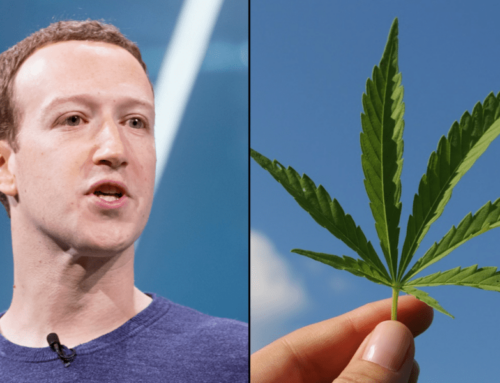Genotyping in the Cannabis Industry: Interview with Anna Schwabe, PhD
June 13, 2025
In our Women in Grow: Leadership in Cannabis Genetics and Cultivation supplement, Cannabis Science and Technology interviewed researcher and educator Anna Schwabe, PhD, Associate Lecture Professor at the University of Colorado and Chief Operating Officer of CannaGen, an online cannabis genetic marketplace for licensed breeders, nurseries, and cultivators.
In this video clip, Dr. Schwabe explains the cost, services, and benefits of cannabis genotyping, providing some examples of companies that offer genotyping.
Check out our interactive supplement to read the full expert interviews, including an interview with hemp specialist Daniela Vergara, PhD.
Transcription
Sebastian Krawiec: How common or uncommon is this kind of genotyping in the cannabis industry? Is it currently pretty rare, and what is the cost currently for most producers?
Anna Schwabe: It varies widely. There really aren’t that many cannabis companies doing this genotyping. And genotyping can be quite costly. It depends on what kind of tool you use. There are different ways of genotyping. Back in the day, Phylos was just doing a small set of really variable markers which gave them enough information to say, “yes, these are identical. No, these are not identical.” And they did the same sort of analysis that I used in my research, called a principal coordinates analysis, which clusters things more closely together the more closely related they are. They no longer do that service. But I think they had, I want to say it was probably more than 3000, but they had quite a few samples in their database. But it’s not available anymore, because they went down a different path with their business model.
Medicinal Genomics did genotyping. You can see the Cannapedia database, but it’s not very user friendly in the information that’s given. And then there’s my Flora DNA, which now does genotyping, but they give you your genetic information. It’s not out for public display. And then LeafWorks is another company. They have an awesome service. It’s a little bit expensive, but they give you a lot. I think it’s like $6000. They genotype it, they also do the chemotyping for you. They ask for a plant sample, so they actually do a herbarium specimen, so they have physical traits on file. And all of that information gives the person who submitted the sample some intellectual property. So there’s a paper trail there saying, “This is mine, and all of this, that and the other.” And really when people are looking at IP, you want to protect your invention, and that’s only as good as your lawyer, generally speaking. But if you have genetic data to show that this is mine, then that’s good.
So those are the big companies that I know that are doing genetic testing, and depending on the depth of the genotyping, it can be thousands of dollars. The cheaper tools, like what Phylos was doing with just a small set of super variable markers, I think they were charging about $300 per sample. So it can really vary depending on the tool that you choose. And I’m actually working with a company who will be doing that sort of work in the near future.
Sebastian Krawiec: What do you think the cannabis industry needs to incentivize more genetic testing? Do you think there needs to be more public pressure from regulators? Should we have a public database that should be required? What is your opinion on that?
Anna Schwabe: I don’t think there should be anything that’s required. I see it more as like, when you go to the store and you buy vitamins, there’s the generic vitamins, great value, but then there’s the gold seal, and you have more faith in some of those supplements than others, and you’re willing to pay a higher price because you know that those have been tested, and it’s not just a capsule full of sawdust. I think that it’s up to the person if they want to get it genotyped. It just creates more transparency and more validity to the folks who have who have gotten a genotype and can say, “Yeah, I do have what I have.” I do think also that cannabis is super plastic in that it can be very, very different depending on who grows it. The premise of the grow off, you can start with the same thing. But I guarantee you that if I grow something, and you grow something, yours is going to be far superior than mine, because all of those environmental inputs, as I said, the external input – your nutrients, your water, your soil – all those things are going to play into the final phenotype. So even if you have the same genotype, you can end up with very different phenotypes and chemo types. On the flip side, you can have different genotypes, and you might end up with very similar phenotypes. So I don’t think genotyping is the end all be all and everybody should do it, but it could be used in conjunction with something like the phenotype and chemotype to say, if you have this genotype, the potential to get this phenotype is much higher than if you start with something that isn’t even that, right? So that’s the way I see it. But I don’t think it’s necessary to make it required.
Search
RECENT PRESS RELEASES
Related Post



